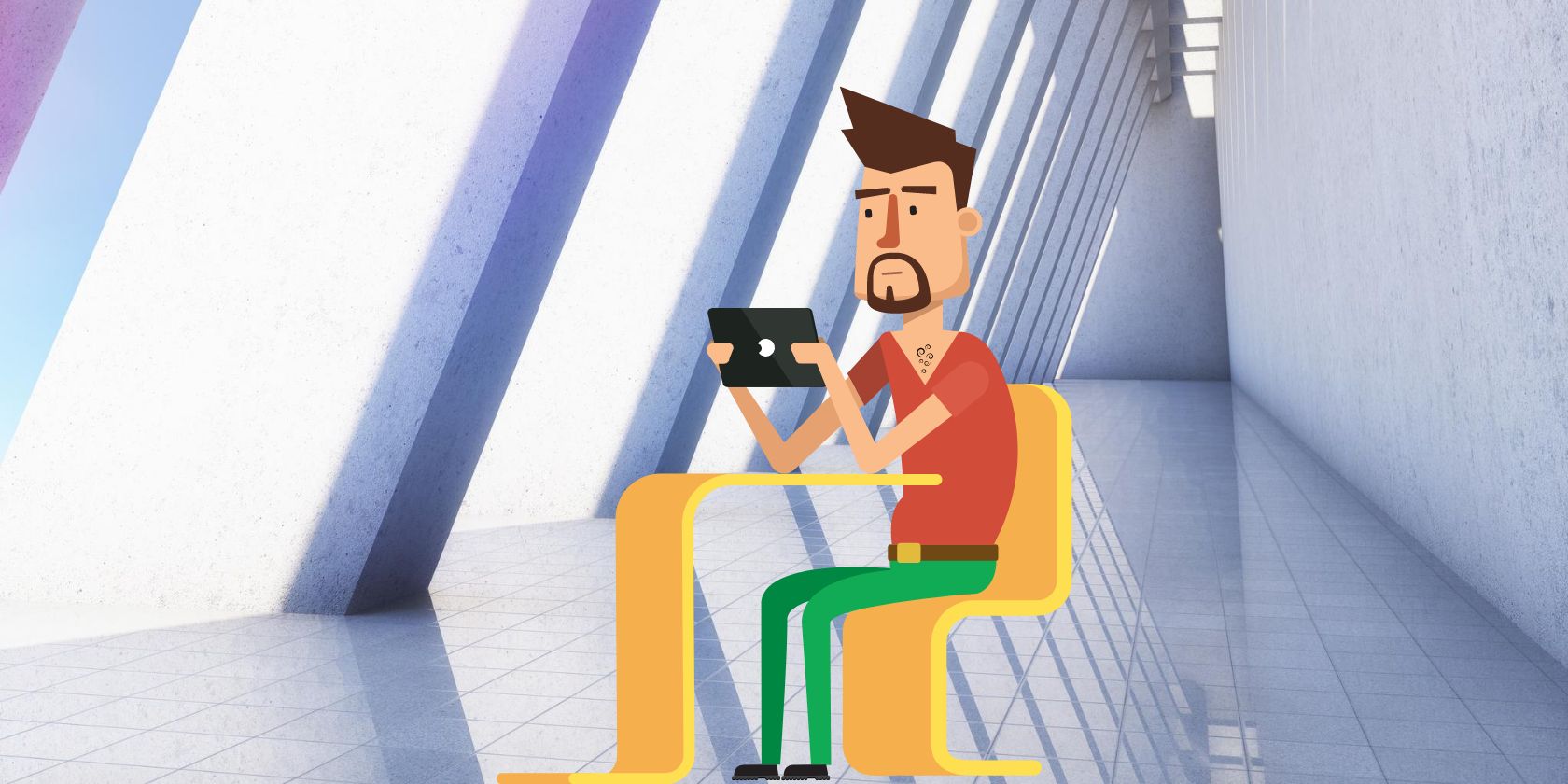Technology has brought a lot of good change in the world. But the increment of its dependency has also increased, which could impact your mental wellbeing if you aren't careful.
To ensure it affects you less, you’ll first need to understand what those effects are and what you can do about them. So, without further ado, let's dig in.
1. Behavior Change
An NCBI 2018 report said that technology is causing behavior change in children and pre-teens, making it difficult for them to make and keep friends, causing anger and emotional outburst issues, and making them attention deficit and anti-social.
It’s not only a problem with children; a survey by Reviews.org indicates that on average, people in the US check their phones 344 times per day.
You must have noticed people using their phones at a red signal, at parties, or at any other social gathering. Sometimes, people even neglect what needs to be done at the moment and continue using their smartphones, binge-watching their favorite shows, or playing video games, wasting their time and energy. These common actions result in loss of moments, debilitating social bonds, low productivity, and anxiety in the long term.
What Can You Do About It?
The first thing you should do is prioritize the essentials. If you spend the majority of your day working in front of a screen, prioritize other things when you get home. For instance, you can consider spending time in nature, with your family, reading a book, or doing anything that feeds your brain better and strengthens your bond with family and friends.
2. Addiction
The internet has eased the way we work today and has helped us in more ways than we can count. But at the same time, many people have become addicted.
The NCBI reported in 2011 that internet addiction leads to psychiatric symptoms, correlating with obsessive-compulsive disorder—a long-lasting condition where a person has an uncontrollable urge to repeat a similar behavior.
What Can You Do About It?
The first step towards preventing internet addiction is your awareness of it. The same study that concludes internet addiction causes depression says that monitoring and controlling its usage for yourself and teaching it to your young ones can be super helpful.
You can also beat technology with technology. There is a lot of software and tools available to help you focus, and prevent access use of your devices. You can use them to reduce your overall internet usage.
3. Depression
Apart from the internet, a British study shows that social media is also designed to be addictive and causes sleep deprivation, which is directly related to depression, memory loss, and poor academic performance.
Furthermore, an NCBI study shows that the constant comparison and personal involvement on social media lead to depression as well.
What Can You Do About It?
Understanding depression is complex, but one way you can potentially keep yourself in check is by self-regulating your social media use. Before going onto an app, ask yourself why. When you're on there, go exactly for what you intended and close it again.
4. Sleep Disorder
Screen time late at night increases how long it takes to sleep after going to bed. Your devices emit blue light, which impacts melatonin—the hormone that regulates your sleep. As such, it can become trickier to get some good-quality shuteye.
The other factors responsible for sleeplessness at night can be playing video games, texting your friends, or exposing yourself to content that activates your brain and makes you think—such as watching YouTube videos and the news.
The above can reduce your sleep quality and impact your attentiveness the following day, which can result in poor work and school performance—along with increasing the risk of accidents.
What Can You Do About It?
Some obvious ways to prevent it from happening are to avoid using your electronic devices late at night; dim the lights at least one hour before going to bed, and keep a check on yourself. For instance, you can use an alarm clock instead of your phone alarm—and put your smartphone in a different room.
Many people suggest that if you really need to use your devices late at night, you can use the night shift mode. But researchers studied them and found that they’re insufficient in reducing melatonin suppression. However, blue light-blocking glasses—made to prevent the blue light from entering your eyes—have been proved effective in fixing sleep disorders.
5. Decreased Empathy
To develop empathy towards someone, you need to understand their actual state and perspective—which is hard to achieve during online communication. Hence, technology is leading to a reduction in empathy as well. You can tell the difference in a person's reaction if you say something to them in person and text them that exact same phrase. It mainly happens because when you can’t read the social cues.
Prolonged time spent online is also a contributor to making people’s minds wander, compromising their ability to focus, and reducing their empathetic capabilities.
What Can You Do About It?
According to CGD research, the decreased usage of technology help people become more mindful and attentive in their relationships.
Moreover, since the main way to develop empathy is to understand each other's actual state and perspective, one can develop empathy with the help of technology as well.
For instance, instead of texting, consider video calls; at the workplace, use project management tools to update your teammates about the progress of your project, and let them in on every step whenever required. Give and take feedback and pay attention to people when they’re around you rather than using your phone in their presence.
You can also practice mindfulness and see the results for yourself.
Technology Affects You Just as You Let It
After discussing the effects of technology in detail, we can say that most of them are interrelated, eventually. Hence, if you monitor its usage in one way, you can benefit yourself in several other areas too.
Reducing your screen time—or optimizing it for more productive purposes—can help improve sleep quality and has several other benefits. So, why not try doing so for yourself?






